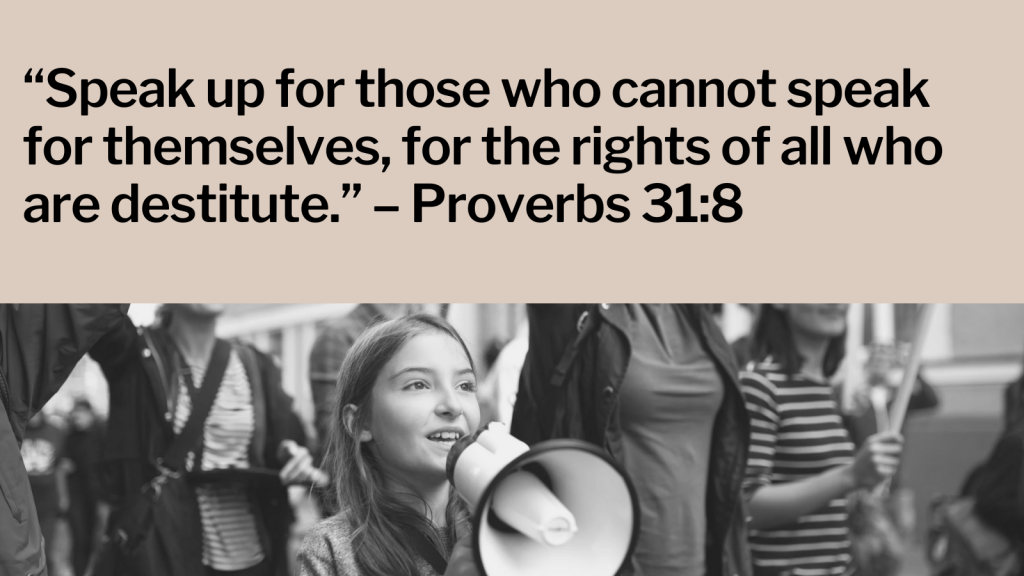Every year, thousands of children enter the foster care system. In Alabama alone, hundreds of children are waiting for safe, stable homes—and yet many Christians remain unaware of how the system works or how they can help. Foster care can feel overwhelming and complicated. But as the Church, we’re called to step into hard places—not because it’s easy, but because we serve a God who specializes in restoration. Understanding foster care is the first step in becoming an advocate, a helper, or even a home for a child in need. Here is what every Christian should know about the foster care system.
What Is the Foster Care System?
Foster care is a temporary living situation for children whose biological families are unable to care for them due to abuse, neglect, or other crises. Children may stay in the system for a few days, several months, or even years while their parents work toward reunification or other long-term outcomes such as guardianship or adoption.
Foster care is not a punishment for the child. It’s a safety net meant to protect them and give their families a chance to heal.
Key Foster Care Facts Christians Should Know:
- There are over 390,000 children in foster care across the U.S. Each one has a name, a story, and a God-given purpose.
- The goal of foster care is often reunification. Many children return to their biological families once conditions improve. Foster parents are called to support this process with grace.
- Children in care are not “bad kids.” They are often victims of trauma, not causes of it. They need stability, understanding, and love.
- There is a desperate need for Christian foster families. Many children are placed far from home or in group settings because there are not enough foster homes available.

How the Church Can Respond
God calls His people to be defenders of the weak and providers for the vulnerable. When the Church steps into the world of foster care, it brings light into dark places. Here’s how we can start:
- Educate Ourselves and Others.
Learn how the system works in your county or state. Invite a caseworker or foster parent to speak at your church. Host an informational night. - Support Existing Foster Families.
Bring a meal, offer babysitting, donate clothing or supplies, or just send a word of encouragement. Many foster families burn out due to lack of support. - Advocate for the Child.
Some Christians become court-appointed special advocates (CASAs) to speak for the best interests of children in court. Others volunteer through organizations like Raleigh’s Place to mentor and guide children. - Pray Without Ceasing.
Prayer changes things. Pray for children in care, biological parents working to reunify, social workers managing high caseloads, and judges making life-altering decisions.
A Call to Step In
Not everyone is called to become a foster parent—but every believer is called to care.
At Raleigh’s Place, we see every day how even the smallest acts of kindness ripple into great change. When a child meets someone who believes in them, when a tired foster parent receives a home-cooked meal, when a church welcomes a hurting family—God moves.
He calls us to stand in the gap. To love when it’s hard. To give when it costs. Because that’s exactly what Christ did for us.
Final Thoughts
Foster care isn’t just a government program—it’s a mission field. It’s a place where the Church can show up and say, “You are not forgotten. You are loved.”
This May, as we observe Foster Care Awareness Month, let’s do more than learn—let’s live out the call to care.

